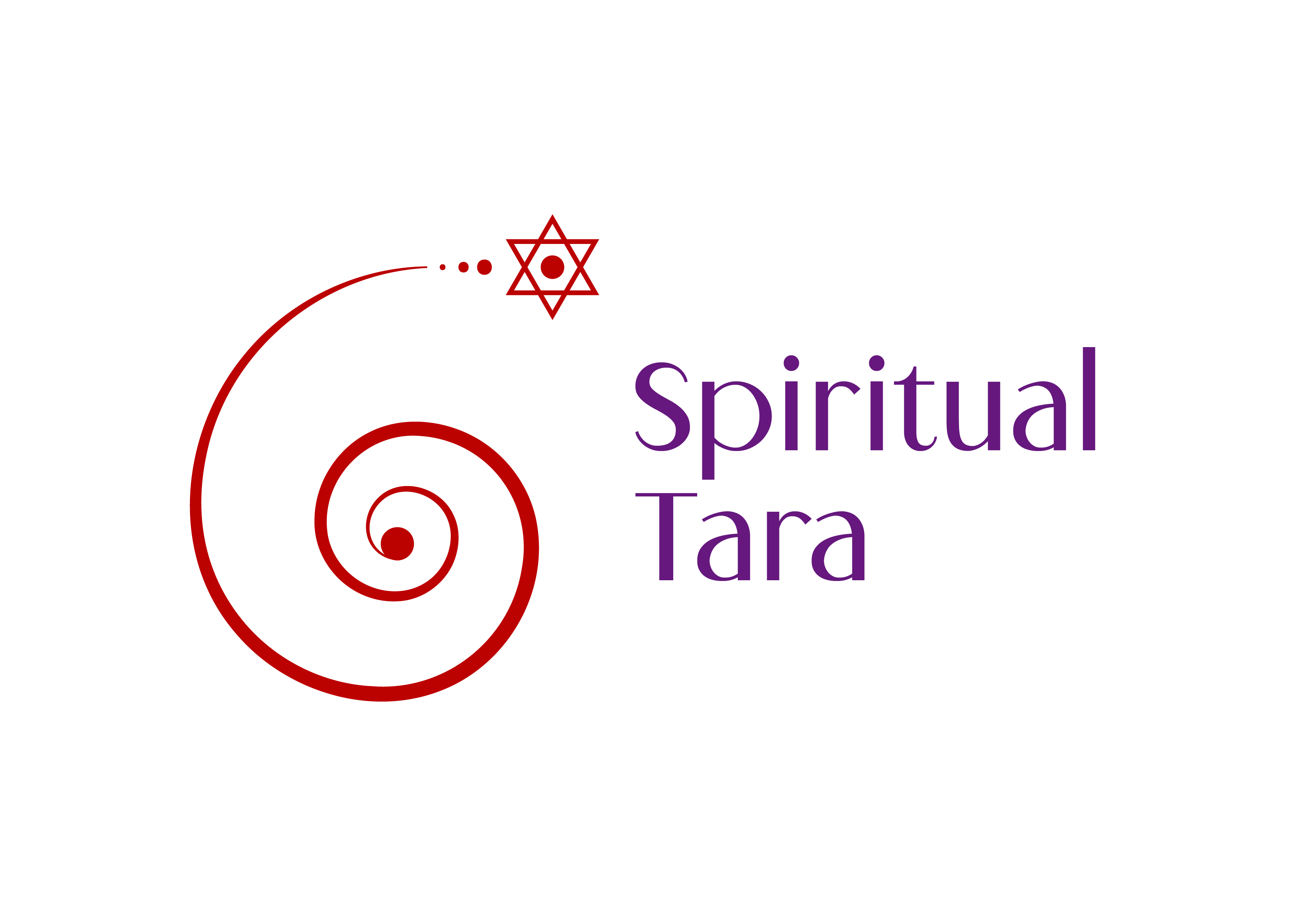“There’s one thing you ought to keep in mind, Russell,” the old Major Charlie McGonegel said when he came to visit Russell in the hospital. “You are not crippled; you are merely handicapped.”
Harold John Avery Russell was an American World War II Veteran from Massachusetts who had lost both his hands in a training camp in 1944 and was terrified at the thought of going through life with steel hooks instead of hands. He was dejected and hopelessness engulfed him, the very thought of leaving the hospital and going out into the people dreaded him, he wasn’t ready to face the world or himself.
The Major helped Russell realise that the main obstacle he had to overcome was himself and that he must conquer his bitterness and fear. Major Charlie McGonegal told him that there was a quotation from Emerson that always helped him and might help Russell too: “For everything you have missed, you have gained something else.”
At that moment, barely did Russell know that his life was about to change and the best years of his life lay ahead of him.
Harold Russell (January 14, 1914- January 29, 2002) went on to become a movie-star in the film The Best Years of Our lives and won two Oscars for the film in 1947 becoming the first non-professional actor to win an Academy Award for acting. He then returned back to school earning a business degree from Boston University. He served for three terms at AMVETS (American Veterans organisation) as the National Commander from 1949 onwards. Harold Russell also authored two autobiographies Victory in my Hands (1949) and The Best Years of My life (1981).
He helped others through his experience and resilience and went on lecture tours, spoke on the radio, utilising the talents and abilities he never thought he possessed—and also might not have discovered had it not been for the loss of his hands.
Writing about it later, he said:
I think it was Emerson who said that a man’s weakness is often his greatest strength. Waking up in a hospital bed at Camp Mackall to find that I had no hands, I wasn’t quite ready to believe that. But in the years since then I have discovered and rediscovered the truth over and over again.
There is nothing startlingly new in that, I know. It is a truth as old as man and nor is Emerson the first one to state it, I’m sure. Yet it is a stark fact that can be, that must be, repeated constantly so long as tere are human beings on this earth. In one way or the other, each of us must pass through the fires at least once in his lifetime. Each of us must find out for himself that his handicaps, his failures and shortcomings must be conquered or he must perish.
I suppose it is natural that people should demand that every story, no matter how humble and insignificant, have its moral, its lesson, its message. I don’t know if it’s possible to wrap up a man’s life that neatly and say: Here is what it means. But if you can, I have a feeling that mine might prove the deep abiding truth of Emerson’s words. My weakness- my handlessness- my inferiority, has turned out to be my greatest strength. I didn’t think so at the time that happened and I don’t think I’d ever willingly lose my hands if I had to do it all over again. But having lost them I feel perhaps I have gained many fine things I might never have had with them. In a purely material sense, I know I am better off than I was before. But that is not the important thing. The important thing is that this seeming disaster has brought me a priceless wealth of the spirit that I am sure I could never have possessed otherwise. I have enjoyed a life that has been full and rich and rewarding, a life that has had a meaning and depth it never had before.
There is no easy formula for a happy living. Anyone who says he has one is either joking or lying. Even if I could, I have no intention or desire of putting forth any patented, neatly packaged recipe of my own. But there is one simple thought I should like to pass on, if I may. It is no surefire prescription for happiness; it is not guaranteed to bring any bluebirds singing in your backyard. I offer it merely because I found it can help prevent much vain, regret and self-defeat. It is not what you have lost, but what you have left that counts. Too many of us squander precious energy, time and courage in dreaming of things that were and never can be again, instead of dedicating ourselves to realities and heavy tasks of today.
If this story has any value or meaning at all—and I say this in all humility and sincerity—it is only because it confirms once again an ancient truth: that Man’s spirit is the most powerful force for good on earth.
People frequently marvel at things I can do with my hooks. Well perhaps it is marvellous. But the thing I never cease to marvel at is that I was able to meet the challenge of utter disaster and master it. For me that was and is the all-important fact— that the human soul, beaten down, overwhelmed, faced my complete failure and ruin, can still rise up against unbearable odds and triumph.”
This article is inspired from the book Light from many Lamps by Lillian Eichler Watson.

